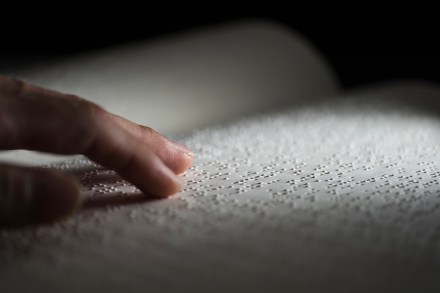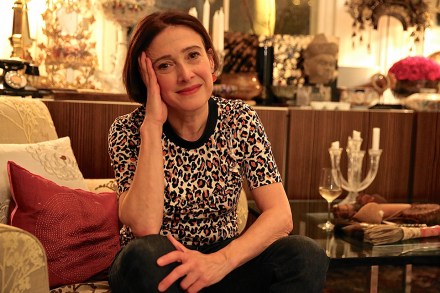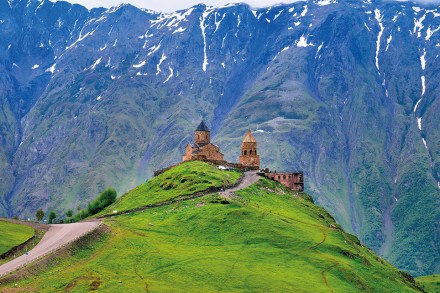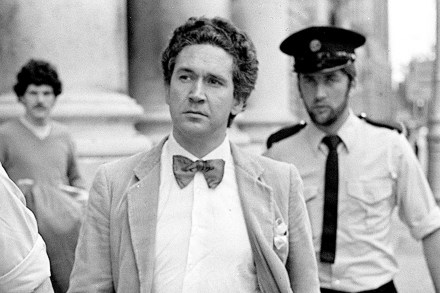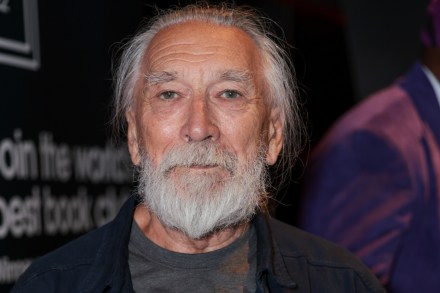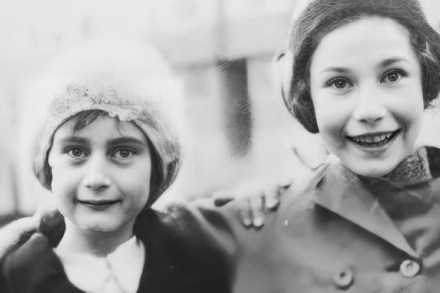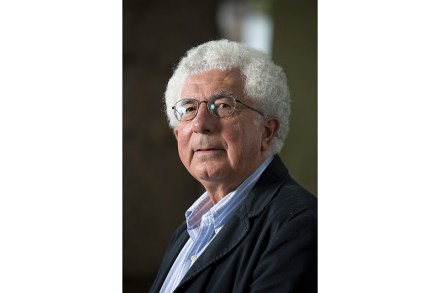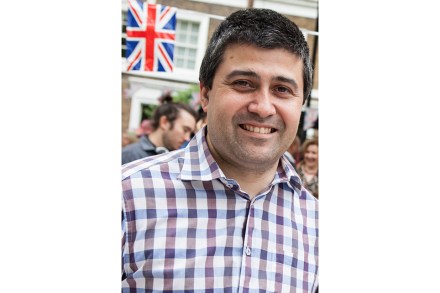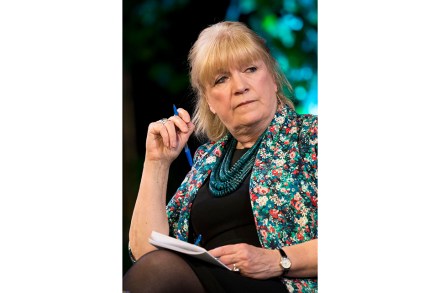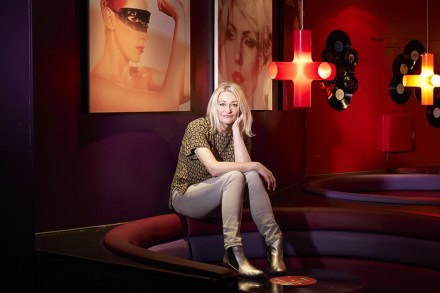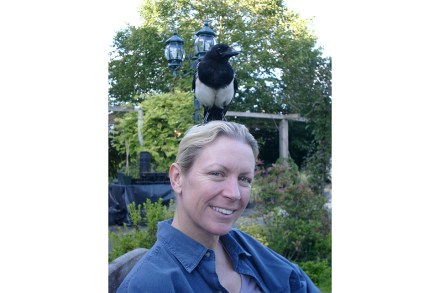A vision of what it means to be blind
To give us a sense of precisely how blind Selina Mills is she asks us to cover our right eye completely with our right hand and put a fist up in front of our left eye, so it blocks our central sight. ‘Now imagine the remaining sight is murky and blurry, as if covered in Vaseline or clingfilm.’ That really is quite blind. Born completely blind in one eye (a hand-painted glass eye was fitted when she was ten), Mills has been gradually losing sight in the other. Now, with just 15 per cent of her sight left, she is ‘legally blind’ and has had a social services person round
